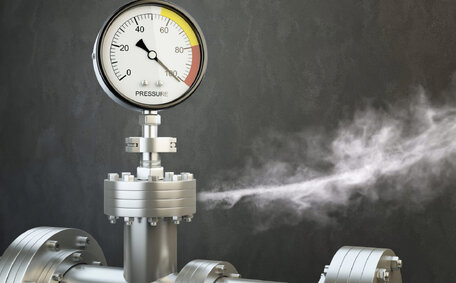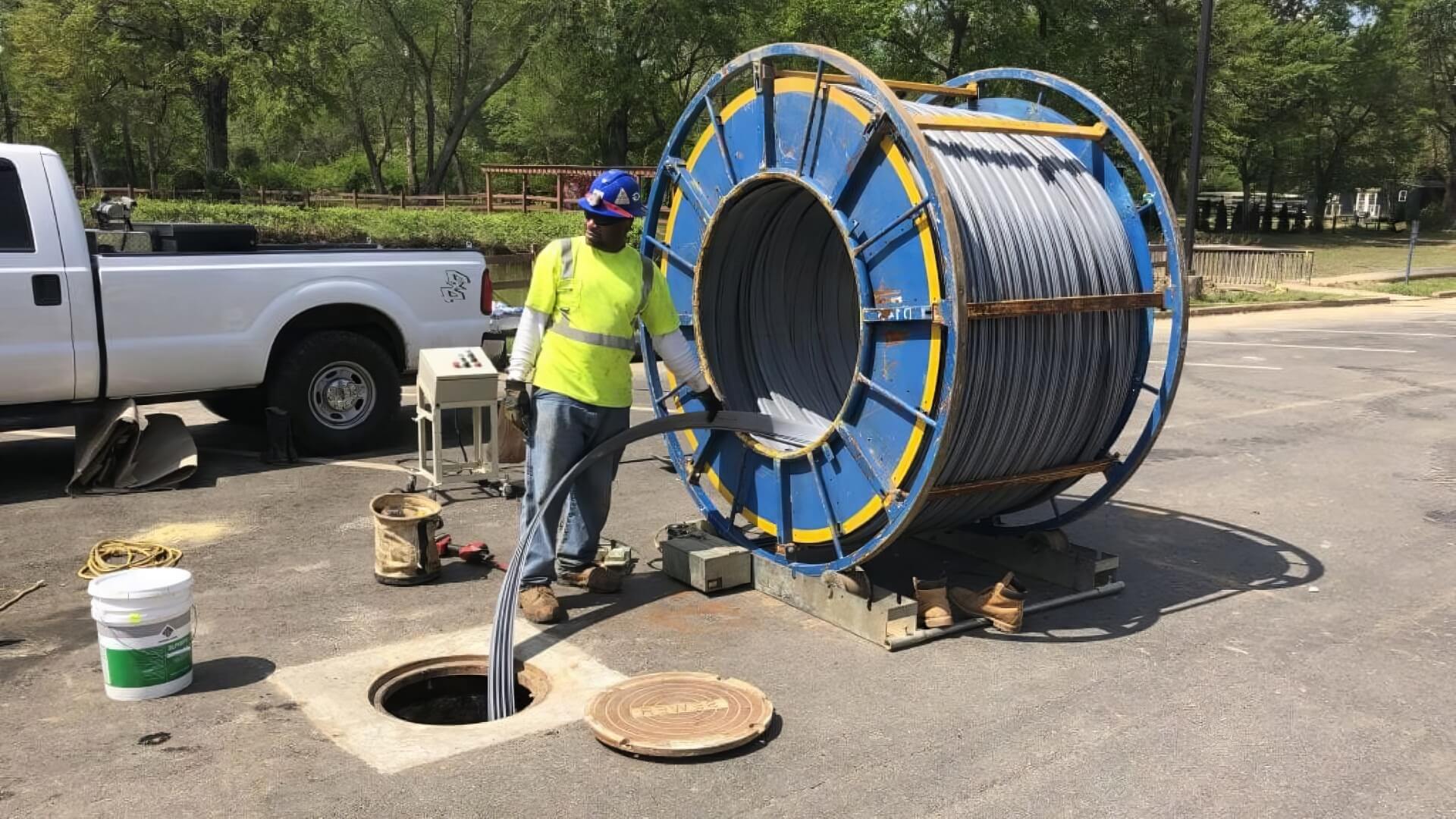Introduction: assessing the risks of chemical drain cleaners
Many homeowners turn to acidic chemical drain cleaners for a swift solution to clogged drains. With active ingredients typical of chemical drain cleaning solutions like sulfuric acid or sodium hydroxide, their purpose is to break down and dissolve blockages. However, while convenient, these products can cause damage and carry significant risks that must be carefully weighed.
Improper or repeated use of chemical cleaners can seriously harm your plumbing, corroding pipes, joints, and seals, leading to cost-intensive repairs. Additionally, the toxic fumes emitted by liquid drain cleaners pose burn risks when mishandled.
Alternatives like mechanical drain snakes or household remedies such as vinegar often provide effective solutions without harsh chemicals. Preventive measures like hot water flushes and drain screens are crucial. Thus, the use of liquid drain cleaners, with their inherent risks to plumbing and health, is less advisable compared to safer methods.
Ingredients and how chemical drain cleaners work
Common Ingredients in Chemical Drain Cleaners
Numerous drain cleaners feature aggressive substances such as sodium hydroxide, muriatic acid, or sulfuric acid. Ingredients like sodium hydroxide can travel through drains to target and dissolve the organic matter responsible for blockages.
- Sodium Hydroxide - Also known as lye or caustic soda, this alkaline compound reacts with greases and fats.
- Sulfuric Acid - This corrosive acid is potent against hair, grease, food particles, and other debris.
- Hydrochloric Acid - Another strong acid used to dissolve organic matter.
How Chemical Reactions Clear Clogs
Introduced into a clog, these substances produce heat and gases through chemical reactions, breaking down, dissolving, and eroding the obstruction. Over time, this process clears accumulations like soap scum, oil, hair, and food remnants in drain pipes.
However, when used, the reactions can lead to the production of dangerous fumes. There is also a risk that cleaners often introduce, significant damage over time as the chemicals corrode pipes, joints, and seals.
Risks to plumbing infrastructure
Chemical drain cleaners pose a profound long-term threat to plumbing. Their corrosive ingredients can deteriorate plastic PVC pipes and compromise older metal pipes such as galvanised steel and cast iron within your plumbing network.
Allowing caustic chemicals to dwell and flow within the pipes, they can gradually corrode the inner surfaces. This can cause pitting and corrosion that eats away your pipe’s integrity. This results in weakened pipes, potentially causing cracks, leaks, and eventual ruptures.
Moreover, these chemicals can degrade adhesives, sealants, gaskets, and fittings that ensure watertight seal integrity in your plumbing. Such degradation may result in leaks and subsequent damage.
Repeated use of drain cleaners not only heightens these infrastructural risks. The more exposure plumbing materials have to the ingredients, the more corrosion occurs. Proper maintenance can help homeowners protect their pipes, avoiding sudden substantial leaks or flooding without realising the years of hidden damage.
Avoid these risks by using chemical drain cleaners as a last resort, preferring safe mechanical clearing methods. Utilise drain cleaners only when essential to limit repeated exposure.
Health and safety hazards
Potential Health Hazards
Chemical drain cleaners pose serious hazards to your health if handled unsafely due to the caustic nature of ingredients like lye or sulfuric acid. These substances can cause severe burns if they come into contact with skin eyes, or are accidentally ingested in your home.
Fumes given off from chemical reactions in the products can also irritate eyes and airways. This causes coughing, wheezing, and difficulty breathing.
Safe Use Precautions
To minimise risks when using chemical drain cleaners:
- Always wear safety gloves, goggles, mask, and clothing to shield your skin and eyes from contact or inhalation.
- Follow all label hazard warnings and instructions closely.
- Work in a well-ventilated area.
- Never use a plunger after pouring cleaner down your drain to prevent backsplash.
- Store products safely out of reach, particularly from children pets, ensuring their safety.
First Aid Procedures
If exposure occurs, follow emergency first aid steps:
- Skin Contact - Rinse area with water for 15-20 minutes. Remove contaminated clothing. Seek medical assistance if burn develops or irritation persists.
- Eye Contact - Flush eyes with water for 15 minutes. Remove contact lenses if present. Seek emergency medical attention for eye injuries.
- Ingestion - Call poison control centre or doctor immediately. DO NOT induce vomiting unless instructed to do so.
- Inhalation - Get into fresh air. Administer oxygen if breathing is difficult. Seek emergency medical help if symptoms persist.
Environmental impact
Chemical drain cleaners can have concerning environmental impacts if their ingredients enter waterways or municipal wastewater systems.
Discharged into aquatic environments, substances from chemical-based drain cleaners such as sulfuric acid, sodium hydroxide, and hydrochloric acid alter pH levels and chemical composition. This change can have detrimental effects on delicate aquatic ecosystems and organisms.
The compounds may also disrupt your septic tank system and wastewater treatment processes if excess amounts infiltrate treatment plants. Furthermore, many wastewater facilities lack the capability to neutralise or filter out the harsh ingredients of these commercial drain cleaners.
Homeowners are responsible for moderating the use of chemical drain cleaners and ensuring proper disposal as per product guidelines. Eco-friendly cleaning solutions are more suitable and safe for mechanical drain clearing methods.
With increased environmental consciousness, many localities now prohibit or restrict the use of cleaners when they involve harsh chemical compounds. Homeowners may face fines for illegal discharge if found improperly disposing of these products.
Alternatives for clearing clogs
Mechanical Drain Cleaning
There are several effective mechanical options for clearing clogged pipes without resorting to harsh chemical drain cleaners.
- Drain Snakes - Also called plumber’s snakes, these coiled wires can dislodge built-up debris when fed down pipes.
- Air Pressure Tools - Specialised plumbing tools use pressurised air to forcefully dislodge clogs.
Natural Homemade Drain Cleaners
Natural soda vinegar combinations can effectively break down deposits in your drains. Useful alternatives like the natural baking soda vinegar duo include:
- Baking Soda and Vinegar - Create a foaming chemical reaction that helps dissolve soap scum and fatty oils.
- Boiling Water - Hot water helps liquefy grease while flushing away residue.
Preventing future clogs
Regular Maintenance
The best way to avoid clogged drains is to perform regular maintenance and take preventative steps.
- Install drain screens over all sink and tub drains to catch hair and debris before it goes down the pipe.
- Flush pipes monthly by ensuring a regular flow of water down drain to maintain clarity.
- Regularly pour boiling water down the drain to dislodge minor buildups and ensure pipe cleanliness.
- Have a professional drain snake inspection annually to clean out any accumulated gunk.
Mindful Use of Drains
Be mindful of what goes into sinks and toilets to minimise buildup of fats, oils and solids.
- Avoid pouring fats, oils or grease to put down drains - collect them in containers for disposal instead.
- Only flush toilet paper and natural bodily waste down toilets.
- Use drain strainers to catch food particles when washing dishes.
- Consider installing a filtered grease trap on your sink.
Sticking to these maintenance tips and using drains responsibly prevents most clogs from forming in the first place.
When to call a professional plumber
Engage a professional plumber for recurring or severe clogs. Specialists have the necessary equipment and expertise to accurately assess and resolve difficult drainage issues.
Our licensed technicians at Guildford Plumbing provide a variety of drain cleaning services, such as:
- CCTV drain inspections to locate clogs.
- High-pressure water jetting to scour pipe interiors and displace any stubborn clog.
- Electro-mechanical drain augers to break up stubborn obstructions.
- Safe chemical drain cleaner applications when necessary.
Our services also include comprehensive drain repair and replacement, which can be effectively deployed should damage be discovered. Catching problems early saves extensive repairs down the road.
For preventive maintenance, consider scheduling annual commercial drain snaking to prevent blockages. Regular check-ups can detect and remedy minor build-ups before they escalate into major clogs.
If you encounter a stubborn clog or hear gurgling noises suggesting an issue, immediately reach out to Guildford Plumbing. Learn more about how our skilled team can address all your pipe concerns using the latest tools and expertise.
Conclusion
An understanding of chemical drain cleaners shows their deceptively quick-fix nature carries significant risks. Corrosive elements may harm your plumbing, emit harmful fumes, and pose health risks if mishandled.
Prioritise safe methods such as mechanical drain snakes, natural remedies, and preventative maintenance in combating clogs. Coupled with regular professional cleaning services, these practices can avert numerous issues.
While convenient, one might ask why does using a chemical cleaner represent an unnecessary gamble compared to other options. It’s wise to explore those alternative choices first before resorting to caustic chemicals. And if persistent or severe clog issues do arise, trust the modern tools and expertise of licenced professionals like Guildford Plumbing to solve the problem safely.
This article aims to increase awareness for homeowners about prudent plumbing maintenance. If you have any plumbing issues or need professional services, contact Guildford Plumbing—we’re here to assist!






